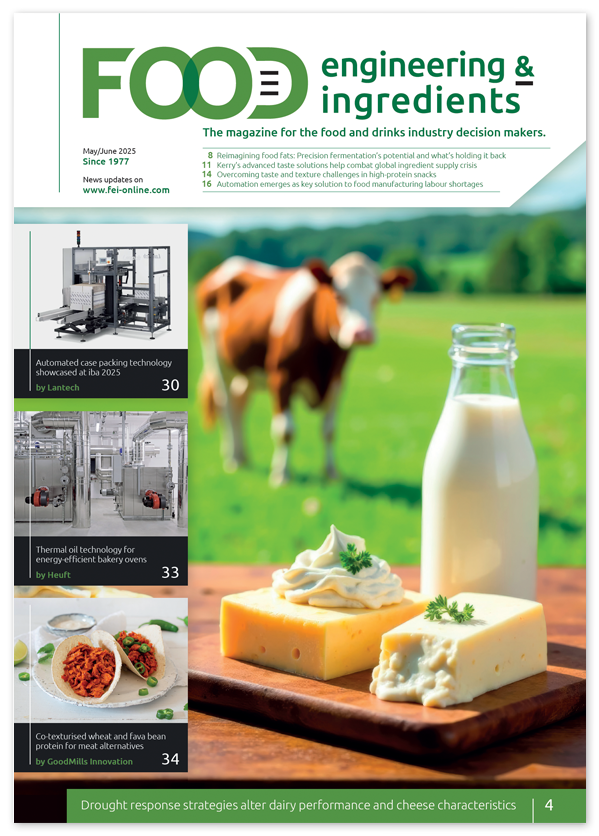Coconut Water often adulterated with undeclared sugars
Coconut water is the liquid obtained from the unripe fruits of the coconut tree. It has seen as substantial increase in popularity over the past couple of years. However, the analyses by QSI, a Tentamus company, revealed that more than a quarter of the products from shops contain undeclared extraneous sugars. As a low-calorie, low sugar and isotonic soft drink coconut water is an obvious alternative for consumers and athletes to the more common sugared soft drinks. Coconut water is also said to exert a health promoting effect due to its constituents like vitamins and minerals, for example potassium. Unlike coconut water, coconut milk is obtained from the pulp of the ripe fruit instead.
Coconut water found in retail markets is usually offered as pure coconut water or with added flavours like lime or Aloe Vera as well as an ingredient of smoothies and fruit juices. Before export, coconut water is often concentrated to reduce weight and reconstituted in the importing country using local water.
The legal situation in Europe regarding coconut water is not clearly defined and regulated so far. One legal approach could be to use the Council Directive 2001/112/EC relating to fruit juices and certain similar products intended for human consumption in conjunction with Directive 2012/12/EU, which is an amendment to the before mentioned council directive.
The detection of additions of corn or cane sugar is possible by means of isotopic ratios of the carbon in the sugars. QSI is using cavity ring down spectroscopy (CRDS) for the analysis. In this technique, the dried sample is first burnt and then the 13C isotope ratio in the combustion gases is analysed.

